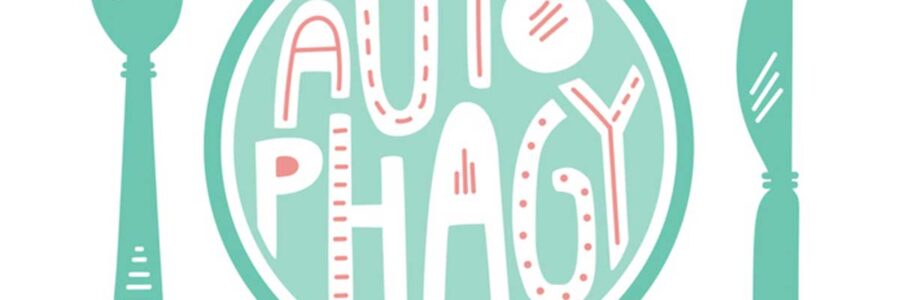When fasting, autophagy starts after 20-24 hours on average. However, this starting point largely depends on your pre-fasting dietary habits. For example, significant autophagy may start after 20 hours in people who usually live on a low-carb diet, while people who routinely consume a lot of calories (especially from carbohydrate) may need 48 to 72 hours of fasting.
How long to fast for autophagy in your specific case depends on your baseline dietary habits, calorie intake, macronutrient ratio, and your physical activity. For example, studies reported that high-intensity exercise in a fasting state can trigger autophagy in skeletal muscle. The form of fasting also plays a role, with water fasting being the most efficient way to activate autophagy.
When Does Autophagy Peak?

Autophagy peaks around 32 to 48 hours of fasting, then its intensity drops and stabilizes. Some experts believe that the effectiveness of autophagy goes down somewhere around the 5th consecutive day of water fasting, but this threshold is hard to measure. So, when choosing how long to fast for autophagy, pick 32 to 48 hours as your primary goal.
Also, there is indirect evidence that autophagy likely peaks during nighttime, as studies indicate that melatonin promotes autophagy. Melatonin is a hormone that regulates sleep-wake cycles in the body. The secretion of melatonin starts shortly after sundown, peaks at 2 to 4 in the morning, and gradually goes down from there. To summarize, you’ll be most likely to experience peak autophagy on your second day of fasting, at 2 to 4 AM.
What is the Best Way to Trigger Autophagy?
Fasting is the best way to trigger autophagy. Specifically, short-term fasts lasting 24 to 48 hours seem to be the safest, most effective, and easiest way to enjoy the benefits of autophagy for most people.
Other methods include:
- Intense physical exercise for 60-90 minutes triggers autophagy in the brain
- Some animal studies reported that the polyphenols in coffee can also trigger autophagy
- Curcumin, the primary active compound of turmeric, appears to trigger autophagy of the mitochondria, the powerhouses of the cell
However, the safest and most effective way to activate autophagy is still short-term water fasting, meaning 24 to 48-hour periods of food restriction with preserved (or even increased) water intake.
More extreme kinds of fasting, like dry fasting, are much more dangerous for the general population and don’t lead to better results in terms of autophagy. On the other hand, easier kinds of fasting, like juice fasting, are much slower in activating autophagy.
Does Ketosis Trigger Autophagy?
Yes, nutritional ketosis triggers autophagy since the ketogenic diet essentially mimics the fasting state without actually fasting. Some health experts even call it ”fasting without starvation.”
Here’s how it works.
The human body is used to sourcing most of its energy from carbohydrates, mainly glucose. When dietary carbohydrate becomes scarce or unavailable, the body first uses its carbohydrate stores—glycogen deposits in the liver and muscles. Then, it switches to the ”plan B” and tweaks its metabolic processes to transform fat into ketone bodies, then burn the latter as fuel.
Basically, during the ketogenic diet, autophagy intensifies when your body significantly depletes its glycogen stores. Just like with fasting, this happens after 20-24 hours on average but may happen sooner, depending on your diet and physical activity.
Keep in mind, though, that excess calories from any macronutrient are likely to slow down autophagy or even prevent it altogether. Getting a lot of calories, protein, and essential amino acids can signal your body that there’s no need for autophagy since there’s a steady supply of nutrients for growth. Conversely, when the body’s supply of nutrients reaches a critically low point, autophagy kicks in to recycle dysfunctional cells to fuel the body’s needs.


